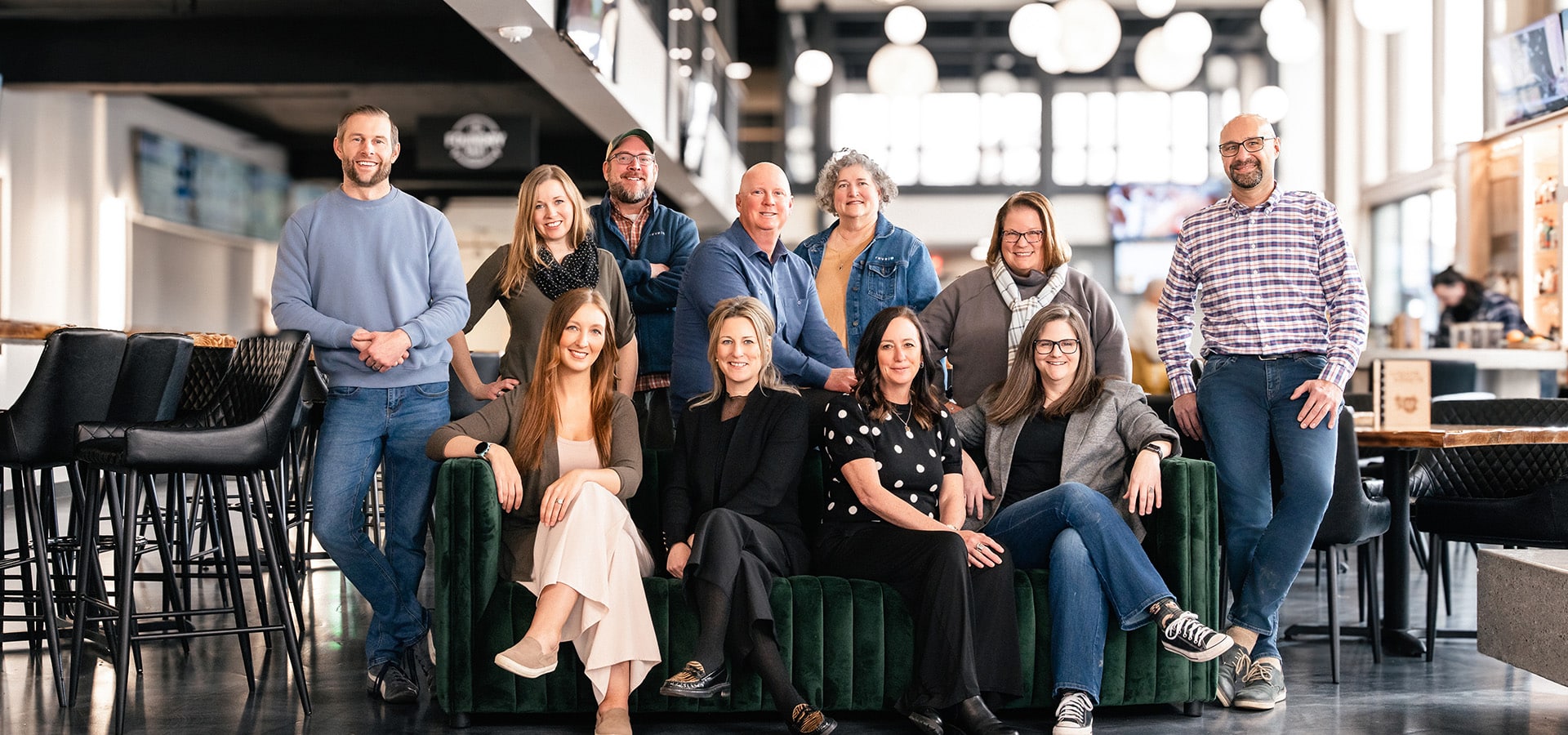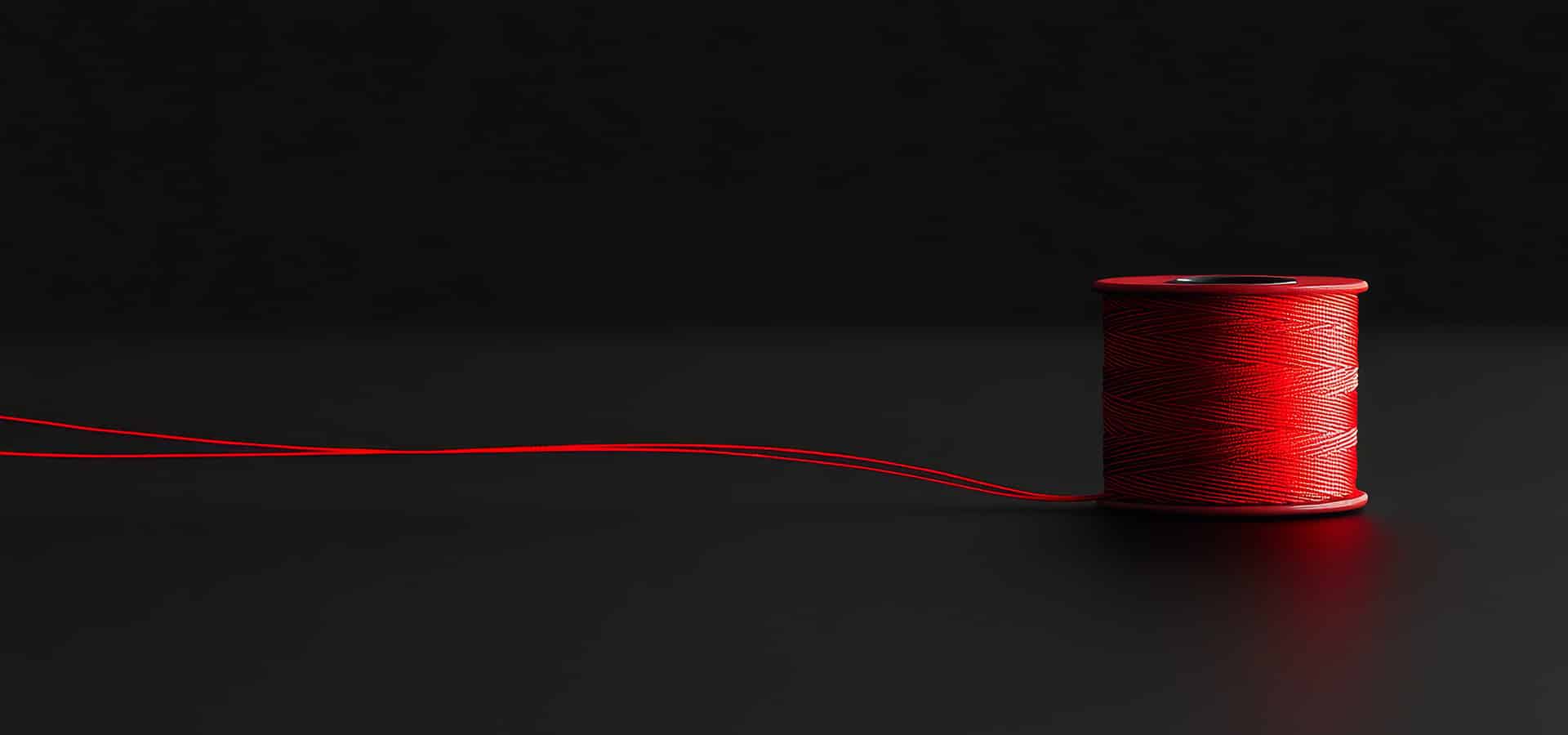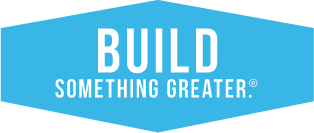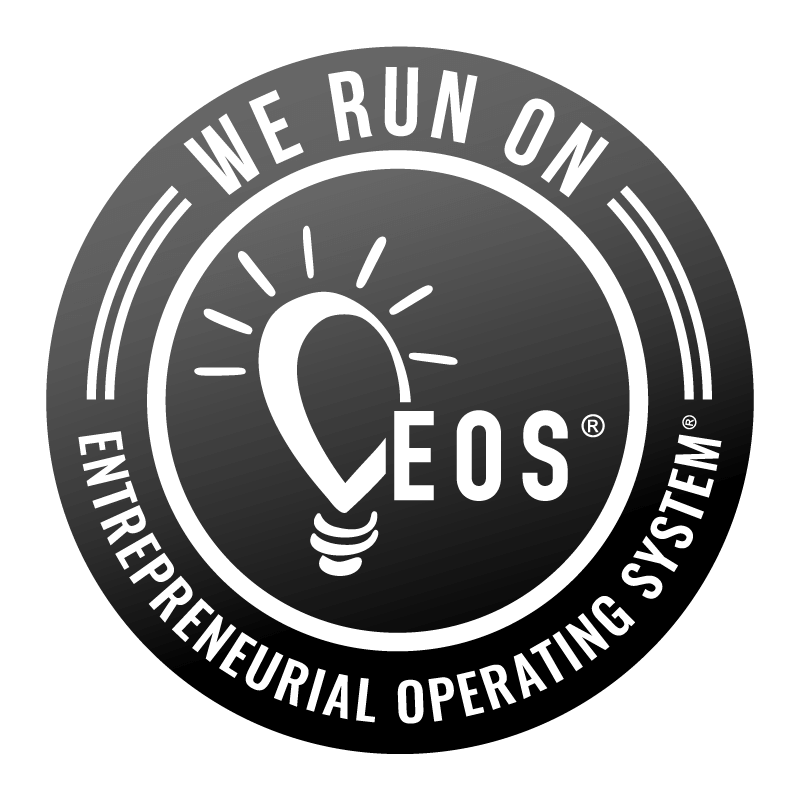“Brand” is a term we most often hear in terms of marketing, business, and sales. But, in reality, a brand is much more comparable to a personality and the way you represent yourself. Meaning that each individual person has their own brand, whether they know it or not. How is a company’s “brand” different than a human’s personality?
In short—it isn’t.
A company’s branding is determined by things like their logos, the design of their website and/or storefront, the way they communicate. It’s basically the overall way they present themselves, some of which you can tell at a glance and some of which you have to find out after some interaction.
Now, think about a personality; it works the same way. There are some elements, like the way you dress, the car you drive, and the way you carry yourself that people can pick up pretty easily. Then, there are other pieces of your personality, like your political opinions, the cadence and timbre of your voice, and the kind of music you like that might take a little bit more interaction to learn about.
And just like some branding, where a look or feel can indicate some safe assumptions about a company, your style (or other characteristics people can pick up on quickly) can also indicate things about your worldview, your tastes, and other things you find important.
So, what’s the point here?
When we think of these things in parallel, developing your own “brand” as an entrepreneur—or even just as a person—suddenly starts to make a lot of sense. Whether it’s presenting yourself to would-be clients or would-be employers, putting your best foot forward is important. Thinking about your own personal “brand” can be mighty useful in making sure you’re portraying the image you want.
Now, this should go without saying, but the ugly world of scammy and spammy advertising makes it a necessity: good branding is authentic. It’s not putting on a face or being someone you aren’t, as an individual or as a company. It is, however, intentional and thoughtful.
If you go into a job interview, you want to be your authentic self, of course, but you also want to make sure you’re including the elements they want to see. Those elements should be both the immediate qualities and the more nuanced qualities mentioned above.
Let’s see if we can draw some more parallels here.
If you’re looking for a product but aren’t sure which one to choose, you might just wander down the aisles of a store or, in more modern terms, scroll the pages of Amazon or another site of similar ilk. If you have a vague idea of what you’re after, there are clues on the packaging that will let you know if the product inside is the one you want.
Even from a distance, you can see the images on the outside, and you have certain expectations about what it will look like. You’ve already made up your mind (even if you aren’t aware of it) about the kind of “image” you’ll be associating with. For some people, it’s cutesy, “feminine” packaging; for others, it’s rustic, rugged, “natural” looking imagery; and yet for others, it could be sleek, modern design they’re drawn to.
And after you’re attracted to an initial image that meets your bias/predetermined desire halfway, you need to do a little investigating. You read the labels, you check out reviews, you get some background on the maker of the product.
All of this info can have a varying degree of influence on your eventual decision to purchase. Maybe you really care that it’s in a biodegradable package, but don’t care much about the ingredients. Maybe locally sourced materials are at the top of your must-have list, but the poor reputation of the company dissuades you.
Ok, this might seem like a tangent, but now think about that very same process but as a job interview.
An employer is effectively “browsing” potential employees. From a distance, they can see the basic information of your resume and how you dressed for the interview, but they have to explore a little more to go beyond those surface impressions.
Just as the details of a product’s brand—where it comes from, what it “stands for,” etc.—can influence a buying decision, the details of a human being (personality, what one stands for, personal goals, even the way one speaks to others) are going to affect an employer’s decision whether or not to hire.
The same is true in an entrepreneurial setting: people evaluate one another the same way when deciding to form a partnership or move forward with any kind of business relationship.
All of these decisions are made based on the strength of a brand—the combination of characteristics that sets you apart from others to create guidelines for what can be expected from you. Just like the brand of any product you might buy.
The difference is, though, that companies (the smart ones, anyway) spend a great deal of effort cultivating their brand image to appeal to precisely the people who will get the most out of their products and identify the closest with the company.
Why not do this our “personal brands” as well?
Again, authenticity is paramount here, but if you know what your “customer” (e.g. potential employer, client, business partner) expects, you can do your best to deliver on those expectations. Dress for the part, be prepared to answer the questions you think they will ask, and carry yourself in a way that lives up to their expectations.
Be the brand that’s attractive at a glance and even more convincing when the “customer” starts to dig into the details.
And even more importantly, develop the brand that is unequivocally, 100% uniquely you.











